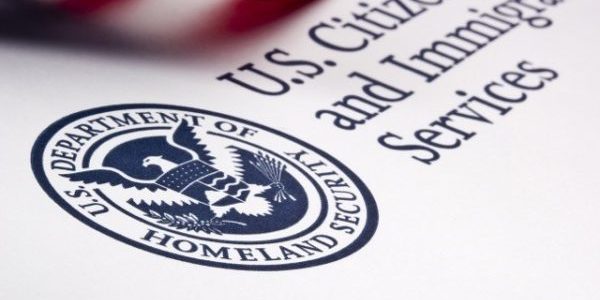There are certain specific occasions when you might need a certified translation professional. Whereas you should almost always seek a professional translator or translation agency if the document or text you need translating is important, certified translations may be needed if you are applying for a job, a college or university course, visa or citizenship.
The main difference between an uncertified translation and a certified translation is that the latter is accompanied by an officialcertificate signed by the translator to say that it is an accurate translation of the original.
Why is a certified translation professional requested by government agencies?
Government officials and personnel who deal with employment and education applications cannot be expected to be able to understand any other language other than their own native language. Even if they are bilingual, they may have to deal with dozens of different languages when they process applications. As they cannot understand what they are dealing with, they need a translation and must feel they can trust the translator to provide an accurate copy of the original.
Making a stipulation that the translated version is stamped and signed by a certified translation professional is one guarantee that the translation is accurate. The certificate is a legal document and ensures that the translator is legally responsible for the document they have translated.
What does a certified translation professional actually do?
Like any translation task, the translator translates the document they are given into English (most commonly) then signs a separate certificate with their name, telephone number and other contact details including their agency address if they are working for an agency.
Depending on who the translated document is for, the translator must be very careful to translate every part of the document as accurately as possible.
Some documents, particularly certificates, diplomas and degrees may have certain features on them that are harder to translate. These include watermarks and seals. The translator must do his or her best to duplicate all parts of the document, including translating any text on the features mentioned. If the document has any part of it that is hard to decipher, illegible, smudged or missing, this must be explained in the translated copy.
What qualifications should a certified translation professional have?
This depends on the country where the translator is based in. In the U.S. there is no necessity to use a certified translation professional who has particular qualifications or belongs to a certain organization or association. However, many translators might have acquired qualifications as a professional translator and belong to the American Translators Association. In some other countries, such as Australia, government agencies insist that translated documents are translated by professional translators who are accredited by a national translators’ organization that maintains high standards ofintegrity and translation accuracy.
Cinch Translations can provide certified translations
If you need an officially certified translation remember that here at Cinch Translations we have a team of dedicated and professional translators many of whom are certified translation professionals. We are able to deal with any type of document translation in up to 90 different languages.







